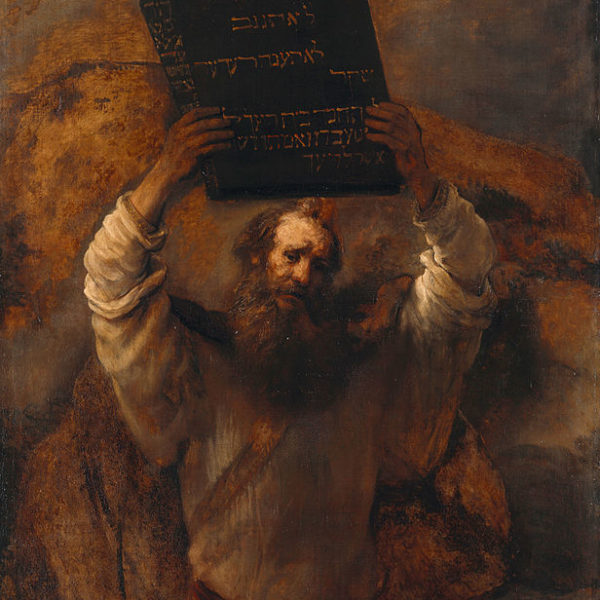
Our political theology is strengthened by trusting that the words of the Son of Man are a fleshly restatement of what is divinely just and good and holy and lovely. Because Christ has come and his presence is with us, God’s words are even more accessible to us.

Our discomfort with the notion of God visiting the sins of parents upon their children may lead us to avoid wrestling with Exodus 20:5-6. This would be a mistake. This reference occurs in the context of the prohibition upon idolatry and challenges both our attempts to sanitize God and our idolization of our children.

The idea that the political aspects of the Ten Commandments are confined to the latter portion and that the beginning portion is only ‘religious’ in nature is unsustainable. The politics of the commands themselves as well as the politics of the conversations in which those commands are embedded continue to be instructive for faithful communities today.


